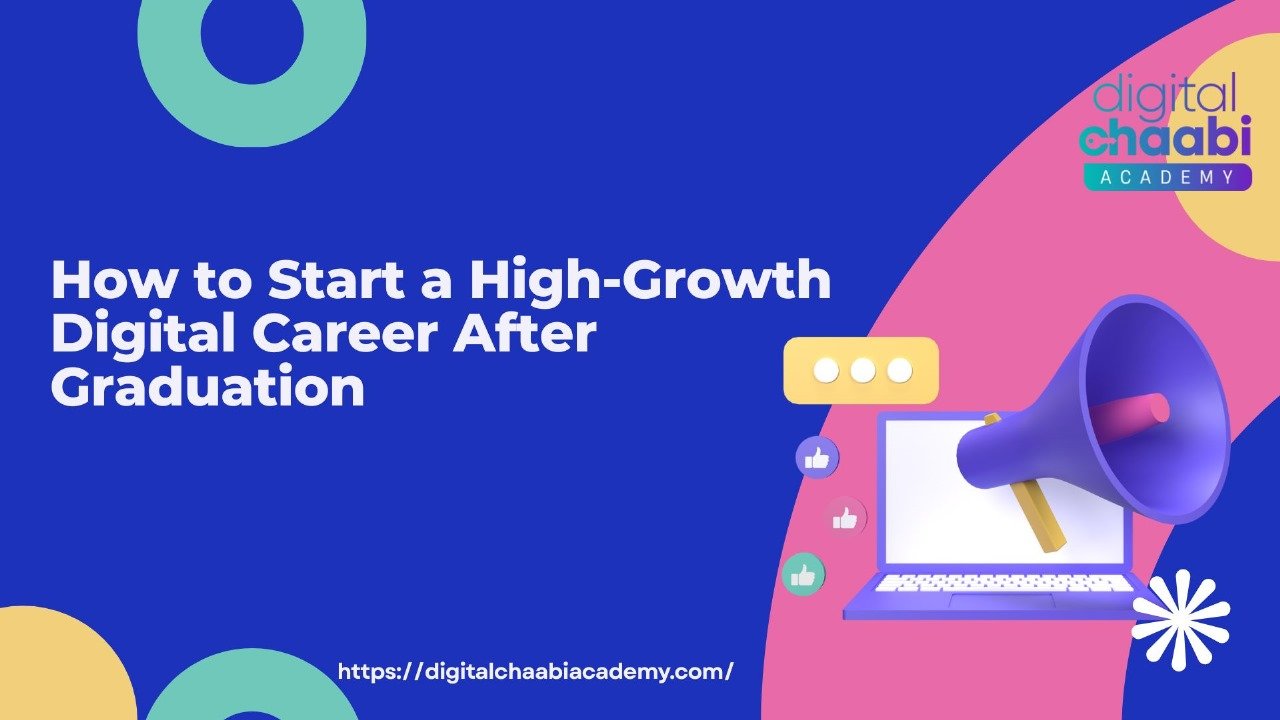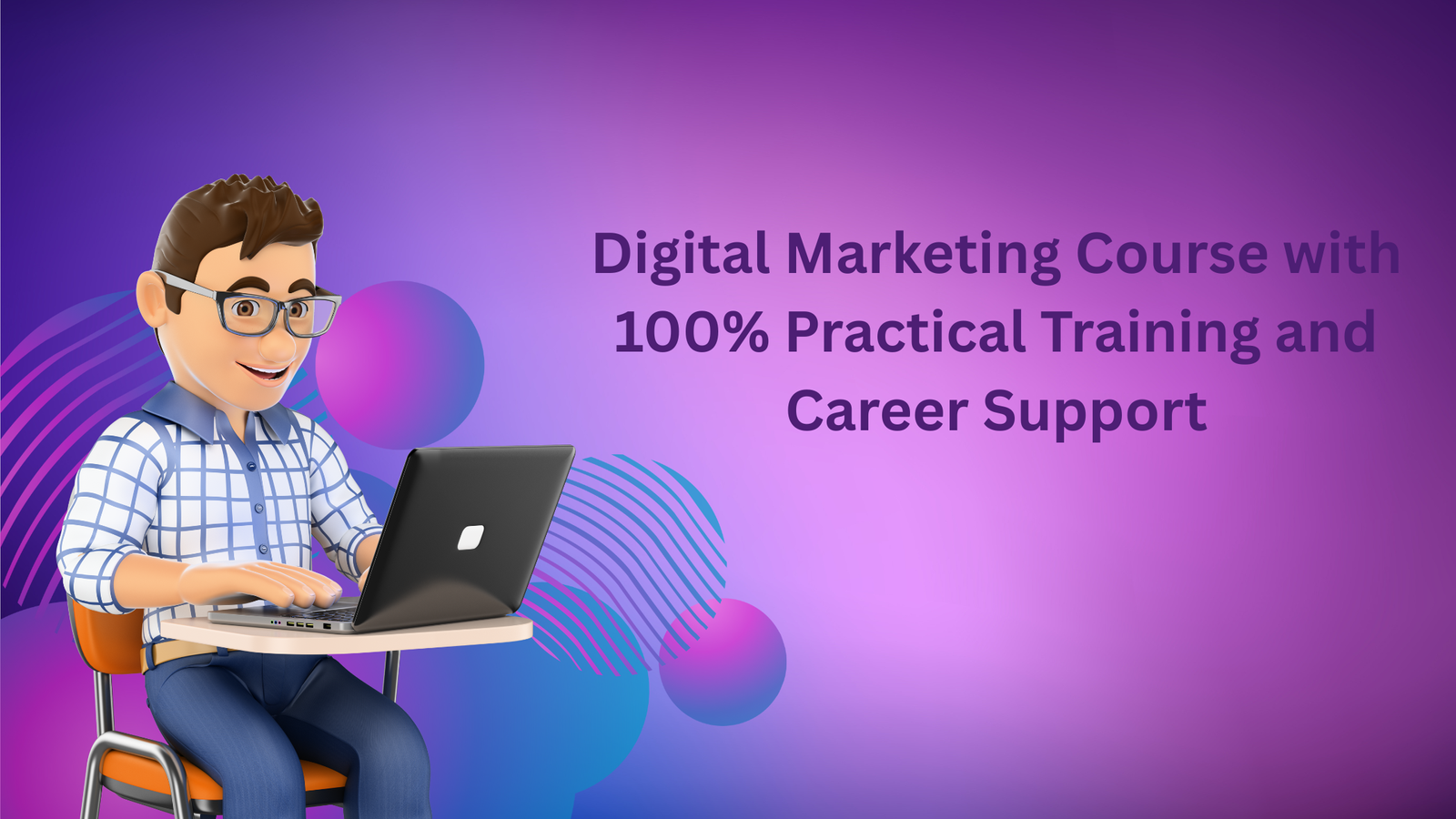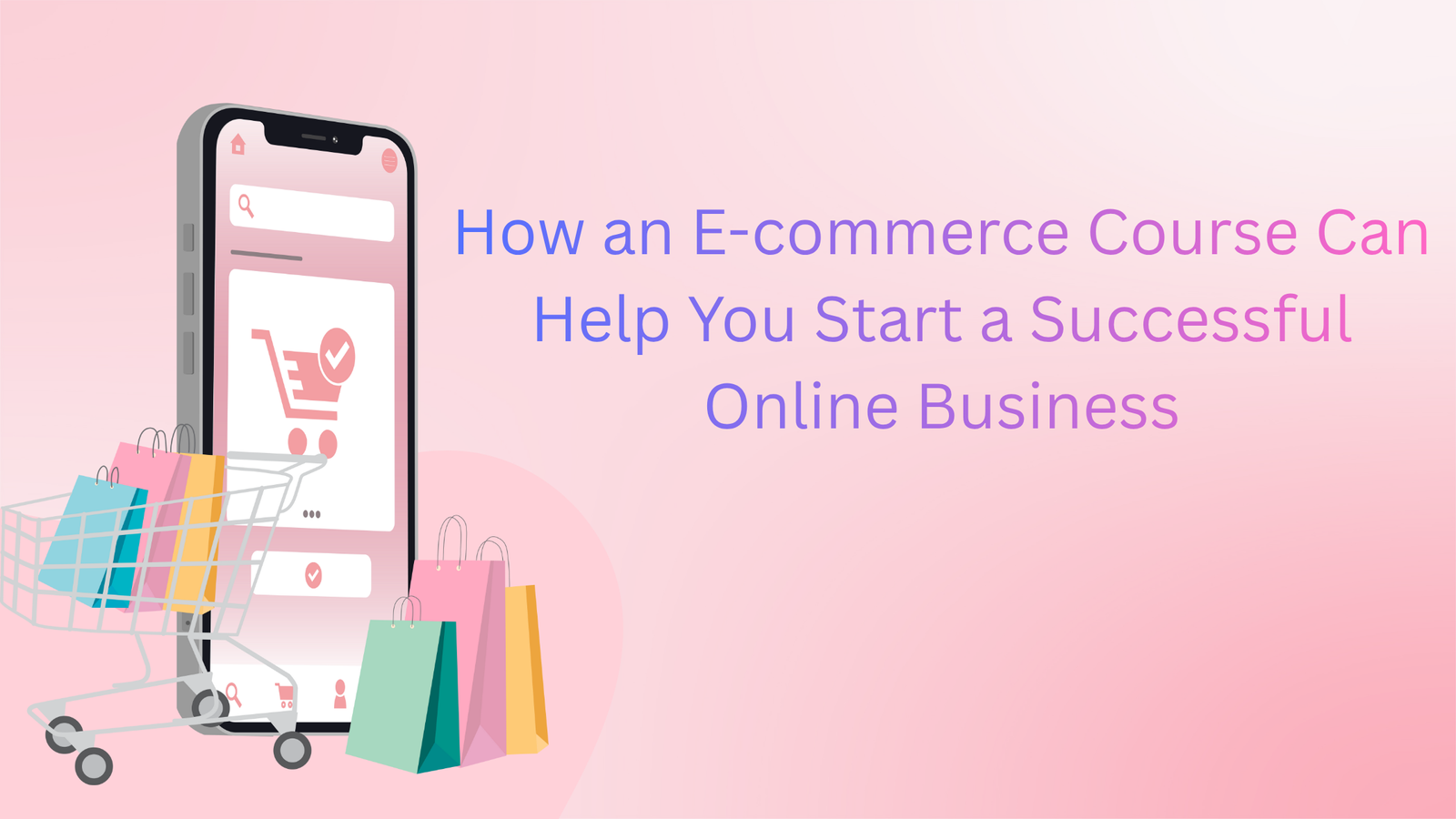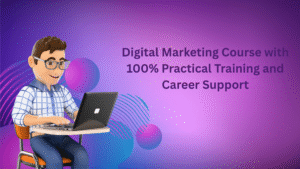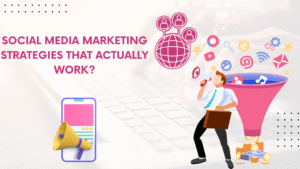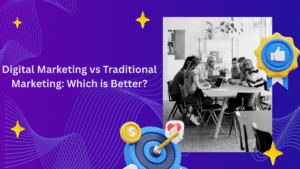Being graduated is exciting, but it also brings a big question: what’s next? The digital world is booming, and with the right approach, you can launch a career that grows quickly and remains future-proof.
Here’s a step-by-step blog with simple, clear actions to get started.
Step 1: Learn How the Digital World Works
Before jumping in, take time to understand how industries are moving online. From banking and healthcare to shopping and education, businesses are embracing digital transformation. This shift is creating huge demand for skilled professionals.
Read industry blogs, follow experts on LinkedIn, and attend webinars to stay updated. Knowing where the opportunities lie helps you make smarter career choices.
Step 2: Pick One Career Path
The digital industry is wide, and trying to learn everything at once can be confusing. Start by focusing on one area. Some of the best choices are:
- Digital Marketing – promoting brands online.
- Data Analytics – turning numbers into insights.
- Web/App Development – building websites and apps.
- UI/UX Design – designing user-friendly experiences.
- Cybersecurity – keeping systems safe.
- AI & Machine Learning – creating smart technologies.
Picking a niche helps you go deeper and stand out faster.
Step 3: Learn the Skills That Matter
Once you know your path, start learning the skills needed in that field. You don’t need a second degree online courses and certifications are enough.
- Marketers should learn Google Analytics, Meta Ads, and SEO.
- Data analysts need Python, SQL, and Tableau.
- Developers should focus on HTML, CSS, JavaScript, and React.
- Designers can master Figma and Adobe XD.
But don’t just collect certificates by working on projects.
Step 4: Build a Portfolio Not Just a Resume
In digital careers, a portfolio is proof of your talent. Employers want to see what you can do, not just what you’ve studied.
- Developers can share code on GitHub.
- Designers can showcase projects on Behance.
- Marketers can present case studies of campaigns.
Even self-initiated projects count if they show creativity and skills.
Step 5: Get Experience Through Real Work
Practical exposure is the best teacher. Look for internships, freelance gigs, or volunteer opportunities to practice your skills. Startups and NGOs often welcome fresh talent, making them a great place to learn. Every small project adds experience, confidence, and credibility to your profile.
Step 6: Build Connections and Find Mentors
Networking is one of the fastest ways to grow in your career. A strong LinkedIn profile, active participation in webinars, and joining online communities can help you meet professionals in your field. A mentor whether a senior professional or an online connection can guide you, share resources, and even connect you with job opportunities.
Step 7: Keep Learning and Stay Flexible
The digital industry changes quickly. New tools, platforms, and technologies emerge every year. To stay relevant, keep learning and upgrading your skills. Subscribe to newsletters, follow digital leaders, and never hesitate to explore new tools. Adaptability makes you more valuable to employers.
Step 8: Improve Your Soft Skills Too
Technical skills get you hired, but soft skills help you succeed long-term. Employers look for professionals who can communicate clearly, think creatively, solve problems, and work well in teams. For example, a data analyst must explain results in simple terms, while a marketer must combine creativity with strategy.
Step 9: Try Entrepreneurship if You’re Interested
If a job doesn’t appeal to you, the digital world also gives you the chance to be your own boss. You can start a blog, a YouTube channel, an e-commerce store, or even a consultancy. Many graduates begin with small digital projects that later grow into full businesses.
Step 10: Focus on a Growth Mindset
Above all, mindset matters. A growth mindset means seeing challenges as opportunities and failures as lessons. The digital industry rewards those who keep learning and improving. Stay curious, consistent, and resilient. You’ll continue to grow no matter how the industry changes.
Conclusion
Starting a high-growth digital career after graduation is not about luck, it’s about making smart choices. By learning how the digital world works, choosing a path, building skills, creating a portfolio, gaining experience, and networking, you set a strong foundation.
Add adaptability, soft skills, and a growth mindset, and you’ll be ready for a future-proof career. Remember: it’s not about where you start, but how steadily you move forward. Each step builds momentum for long-term success.
FAQs Section
Question 1. Is digital marketing a good career option after graduation?
Yes, digital marketing offers high-demand skills, great salary growth, and diverse job opportunities across industries.
Question 2. Do I need a technical background to start a digital career?
No, anyone can start; creativity, communication, and basic digital skills are enough to begin.
Question 3. How long does it take to build a career in digital marketing?
With the right course and practice, you can become job-ready within 3–6 months.
Question 4. What are the best digital skills to learn for career growth?
SEO, social media marketing, Google Ads, content marketing, and data analytics are highly valued.
Question 5. Can I start freelancing in digital marketing after graduation?
Yes, freelancing is a great way to earn and gain experience while building your portfolio.

